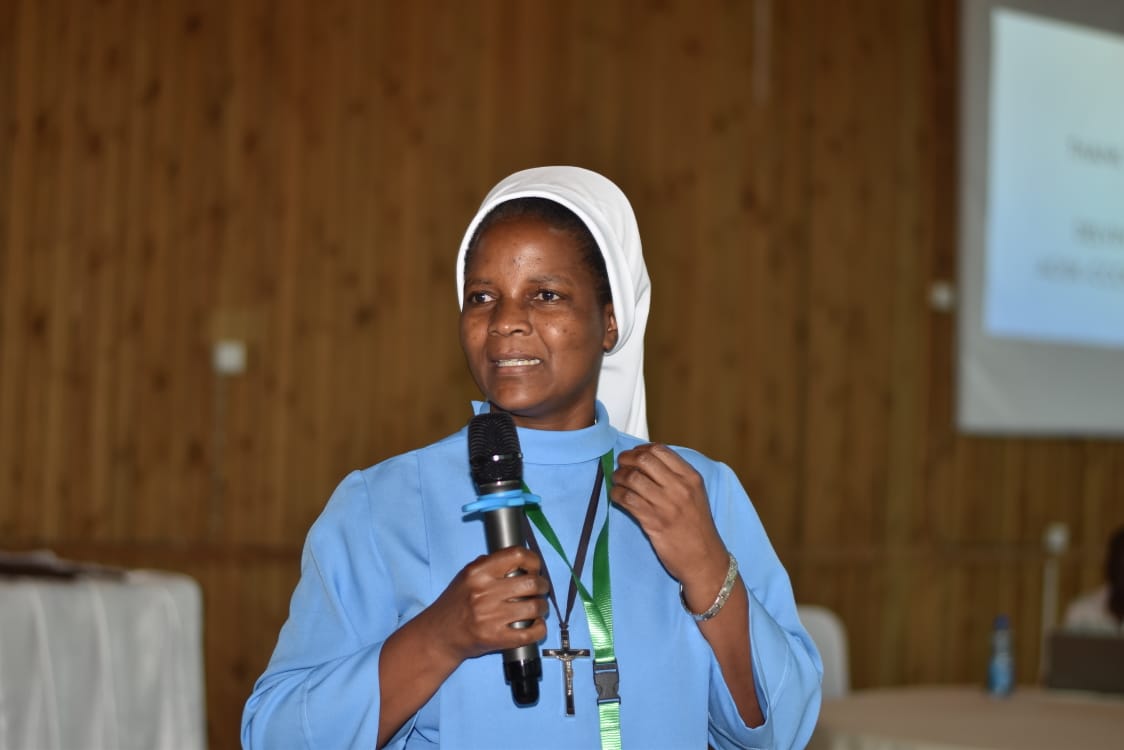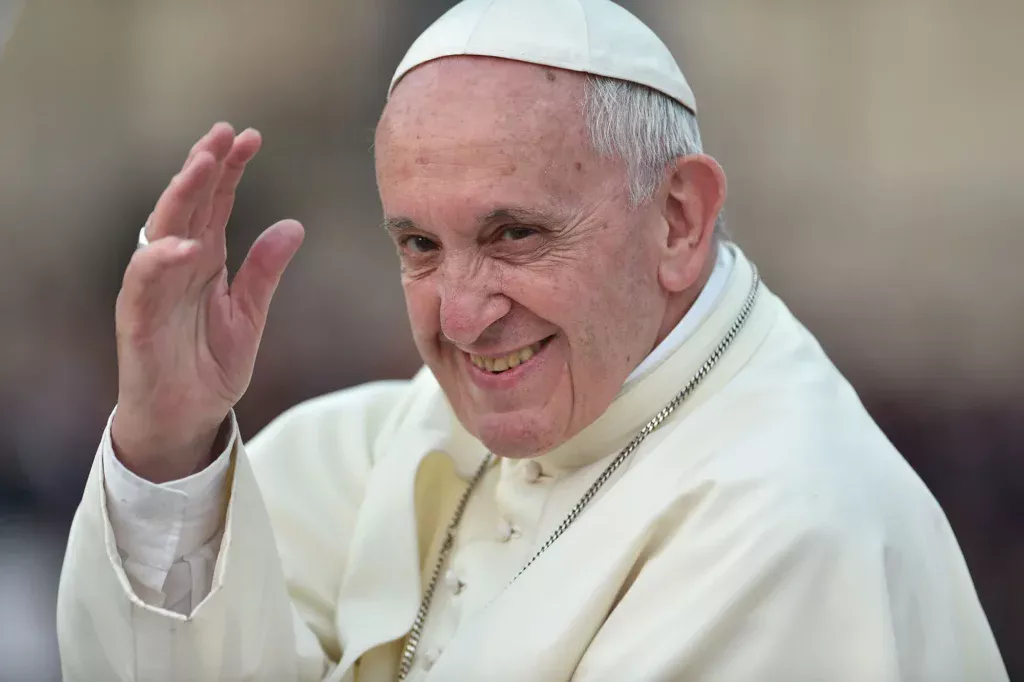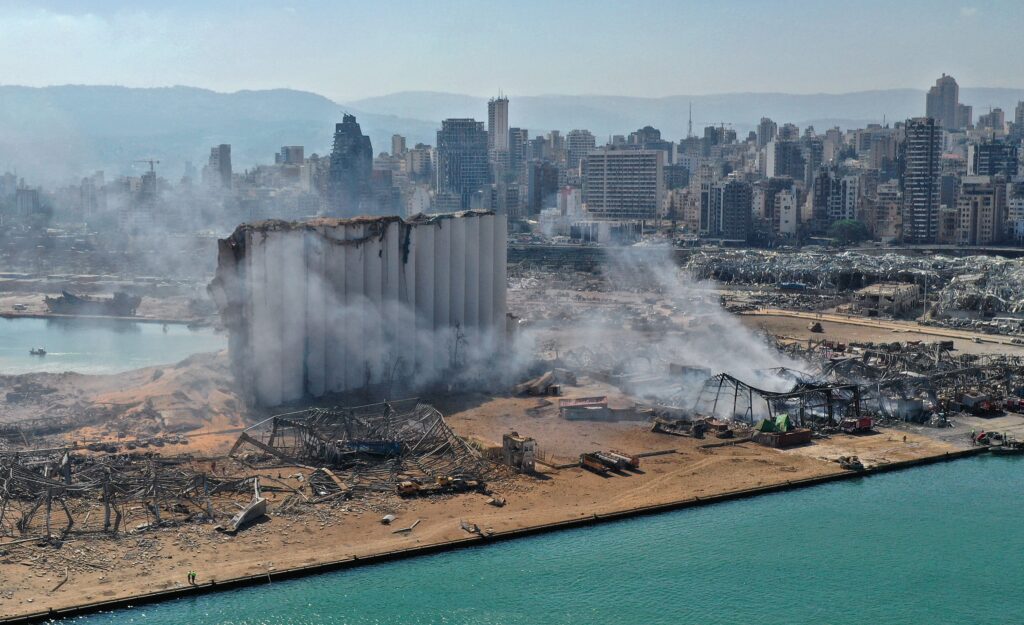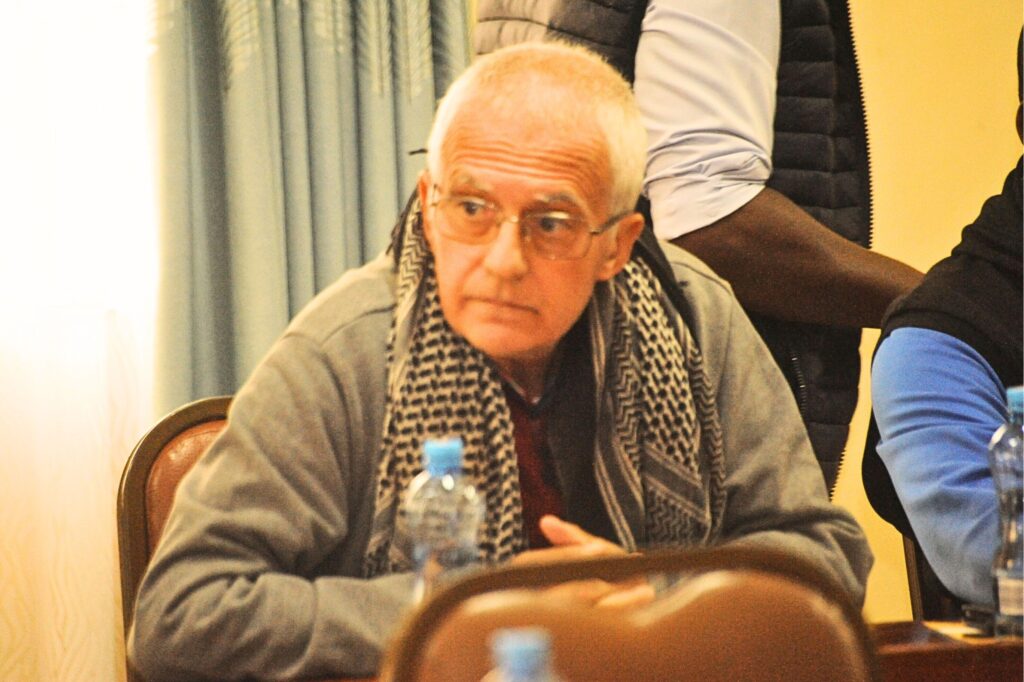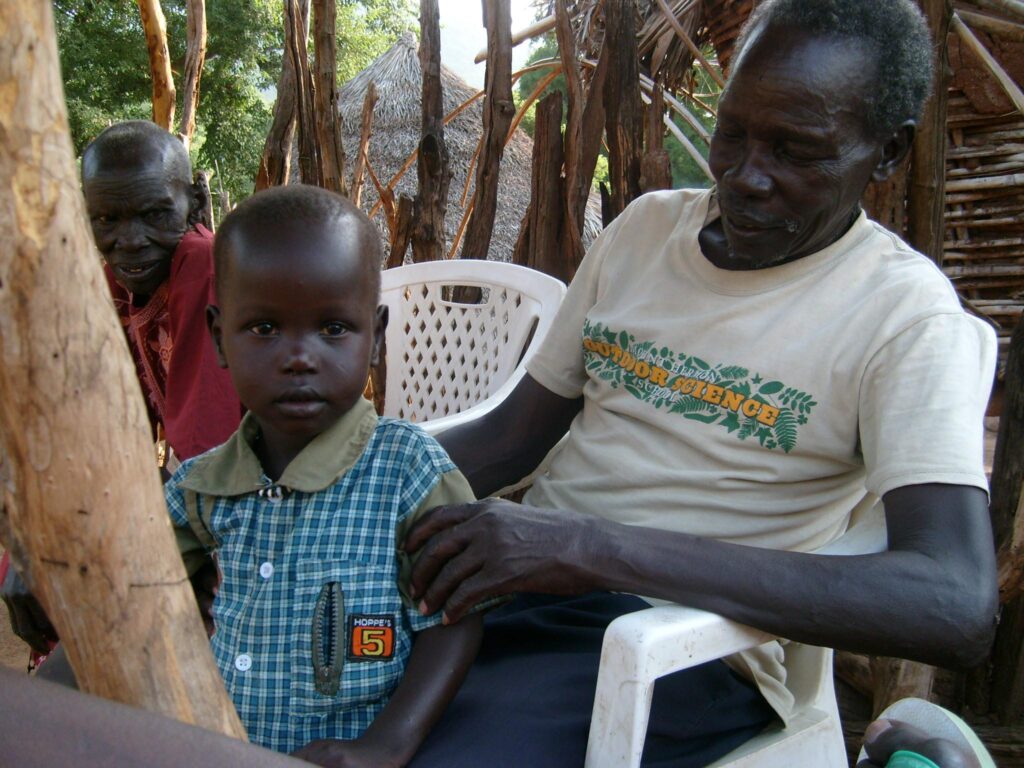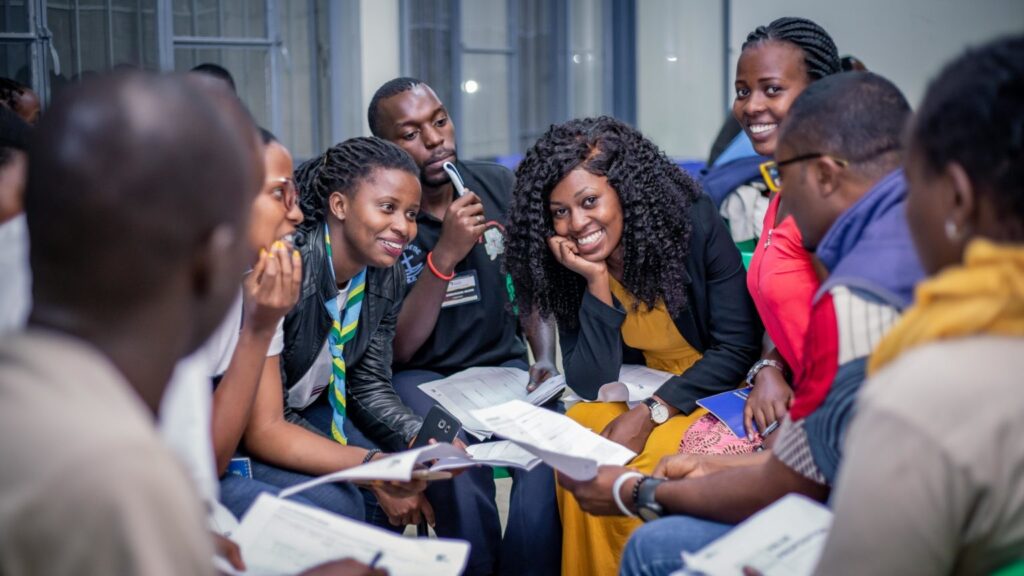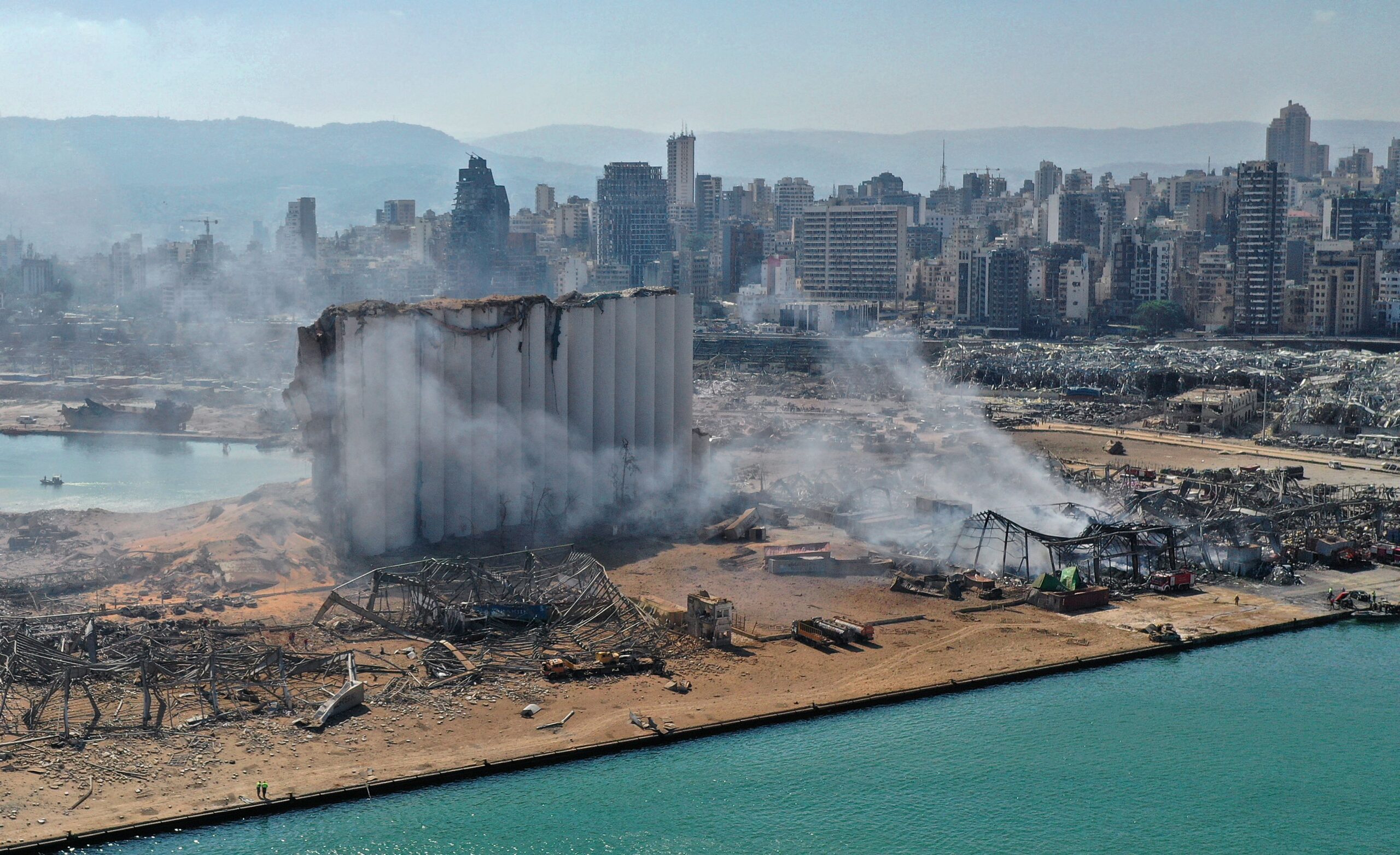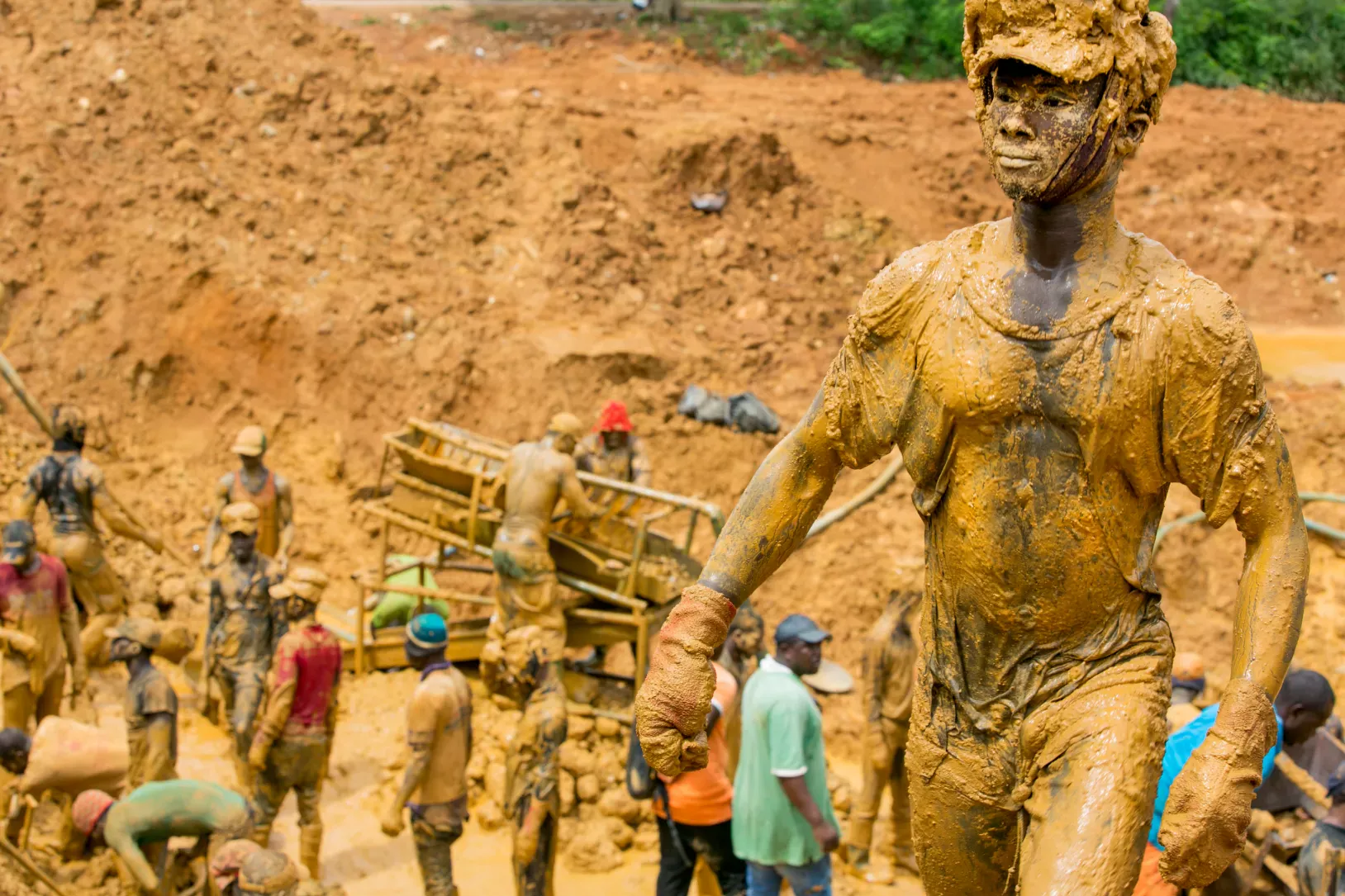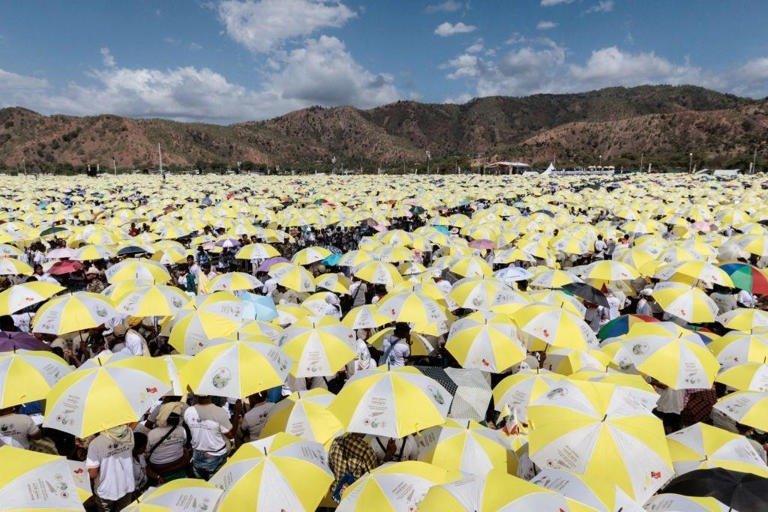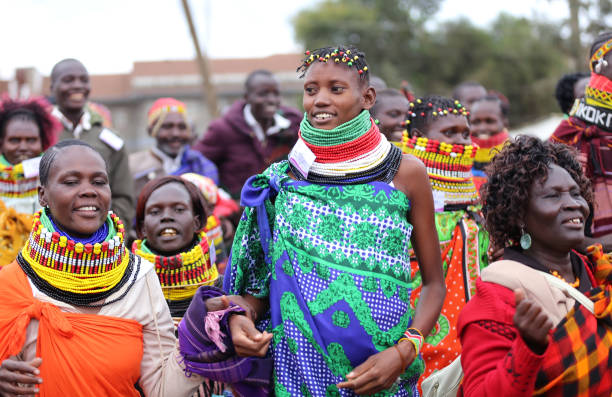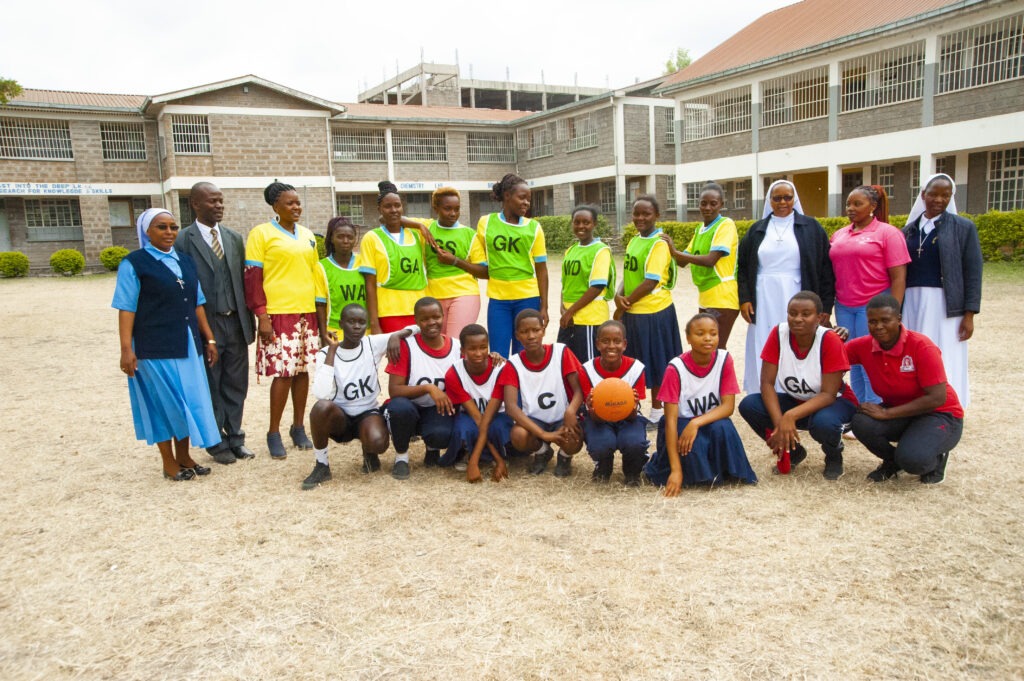On 9th August 2022, Kenya will demonstrate its democratic growth. The country will hold general elections. For the seventh time since the reintroduction of multi-party democracy in 1991, registered voters will have the opportunity to elect their leaders. The elected leaders will run the country’s affairs for the next five years.
The feat of electing leaders is a hallmark of democracy. Therefore, against the backdrop of the one-party state syndrome and the era of dictatorship in Africa before 1990, the upcoming general elections in Kenya are a testimony to democratic growth. The case of Kenya epitomises Africa’s political progress.
Thanks to internal and external pressure, several democratic steps have been taken on the African continent. In most African countries, we are witnessing the expansion of the democratic space. Citizens seem more aware than ever of their rights and duties to participate in choosing their leaders. In general, opposition political parties have the right to mobilise, and can freely interact with voters to sell their agenda. Electoral bodies appear more independent and transparent, and the media enjoy considerable freedom.
 But all is not rosy. Democracy has not yet been fully embraced in Africa. In some cases, one wonders whether democracy, as it is conceived in the West, is ideal for Africa. Scholars and activists propose alternative systems of governance, such as a hybrid of democracy, socialism and Ubuntu. The aspiration for a home-gown governance system is gaining momentum across the continent.
But all is not rosy. Democracy has not yet been fully embraced in Africa. In some cases, one wonders whether democracy, as it is conceived in the West, is ideal for Africa. Scholars and activists propose alternative systems of governance, such as a hybrid of democracy, socialism and Ubuntu. The aspiration for a home-gown governance system is gaining momentum across the continent.
Nevertheless, walking on the road to democracy, there are still some countries where opposition political parties are clamped down. The party in power, often using the government apparatus, thwarts the plans of those in opposition. The same governments preach freedom of expression, but, at the same time, control and monopolise the public media. They also conveniently regulate the private media using archaic, draconian and even colonial laws.
The outcome of the elections on 9th August 2022 will again test Kenya’s democratic maturity. Apparently, measures are in place to ensure that the elections are free, fair and credible. Political parties, through their presidential candidates, had the opportunity to question the electoral body on issues that they deemed necessary. The electoral body answered and clarified most of the questions satisfactorily.
However, the key issue in this election is whether the losing presidential candidate will accept the results. The results of the last election were disputed. Unfortunately, lives were lost in some cases. The losing party has the right to contest the outcome of the election. In Kenya, electoral laws provide for this through a judicial process. It is hoped that this peaceful route will be followed, if necessary.
Yet, what Kenyans and, by extension, Africans want is not only peace before, during and after the elections, but, above all, the improvement of their standard of living. Consequently, successive governments have the task of ensuring that the basic needs of ordinary people are met. Likewise, every person has the opportunity to prosper in a fair and equal manner. Such a favourable environment ensures peace and democracy in a country.

